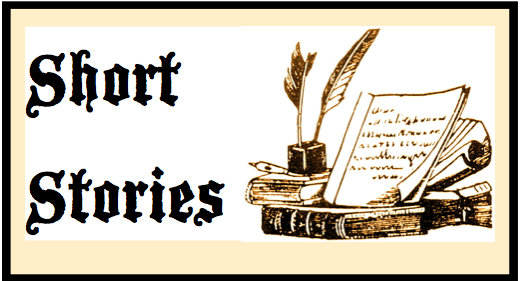IN THE EIGHTIES
Did she win the contest? No, but an interesting thing happened.
On the last night of the conference, one of the "big" names sought her out.
"I was one of the short story judges," he began.
Being more in awe of successful authors back then than she is now, she replied quietly, "Yes, I know."
"I wanted to tell you that I fought for your story. I thought it should have won first place, but I was outvoted." He smiled.
"For some reason, they went with that usual southern memoir kind of story."
 |
| Fran Rizer in the Eighties |
"Thank you," she replied and thought no more about it. Her first fiction was no more 'southern memoir' than what she writes now. It was about the Kennedy assassination.
The writer continued selling pieces to magazines and really had no desire to delve into fiction again. "Positive Proof" lay dormant for several years. I am that writer, and the story of "Positive Proof" is my story.
IN THE NINETIES
Every time I took in nonfiction or even magazines with my articles printed in them, I heard, "Oh, that's fine, but fiction is a different ballgame. It's a hard nut to crack."
One night the man I thought of as "the guru" (I had private nicknames for each member of the group), passed out brochures about the Porter Fleming Fiction Competition, sponsored at that time by the Augusta, GA, Arts Council. (The contest is now in its twenty-first year and sponsored by Morris College.)
That's the first and last time I ever paid anyone to read something I've written, but I dusted off "Positive Proof," wrote a check for ten dollars, and entered the contest.
 |
| The nineties |
No, I didn't win first. That went to George Singleton, an already successful short story writer from the Greenville, SC, area whose fiction had been published in Playboy.
George won $1000. With my prize came $500 and an invitation to read the story at the Arts Festival. I accepted both.
The reception and readings were a wonderful experience. To make it even better, George came up to me at the end and told me he liked my story and was positive I could sell it.
I sent the manuscript to only one mag, which was a big mistake because it was a mystery magazine, and that story isn't a mystery. Devastated when I received a personally written rejection letter stating that the story wasn't suitable for them, I put "Positive Proof" back in a bottom drawer. My magazine features always sold first time out. Why should I inflict this self-induced agony of rejection on myself?
IN THE 2000s
A few years after my retirement on disability in 2001, I ventured into fiction again. In 2006, I contracted with Berkley Prime Crime for the first three Callies.
In 2012, I realized that much would be made in 2013 of the fiftieth anniversary of JFK's assassination, so I pulled out "Positive Proof," updated it a bit, and sent it off to Strand in plenty of time to be considered for publication in 2013.I still haven't heard from them, so I assume they didn't want it.
 |
| The Fran Rizer who sold "Positive Proof" |
On a whim, I sent that story somewhere else a few months ago. I am pleased to announce that "Positive Proof" has found a home and will be published next month. Check back in two weeks to see who is publishing it and where you can read it.
Until we meet again… take care of you.



